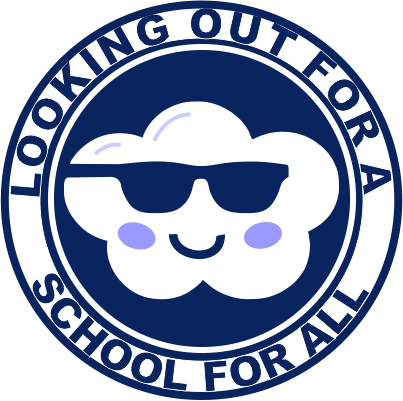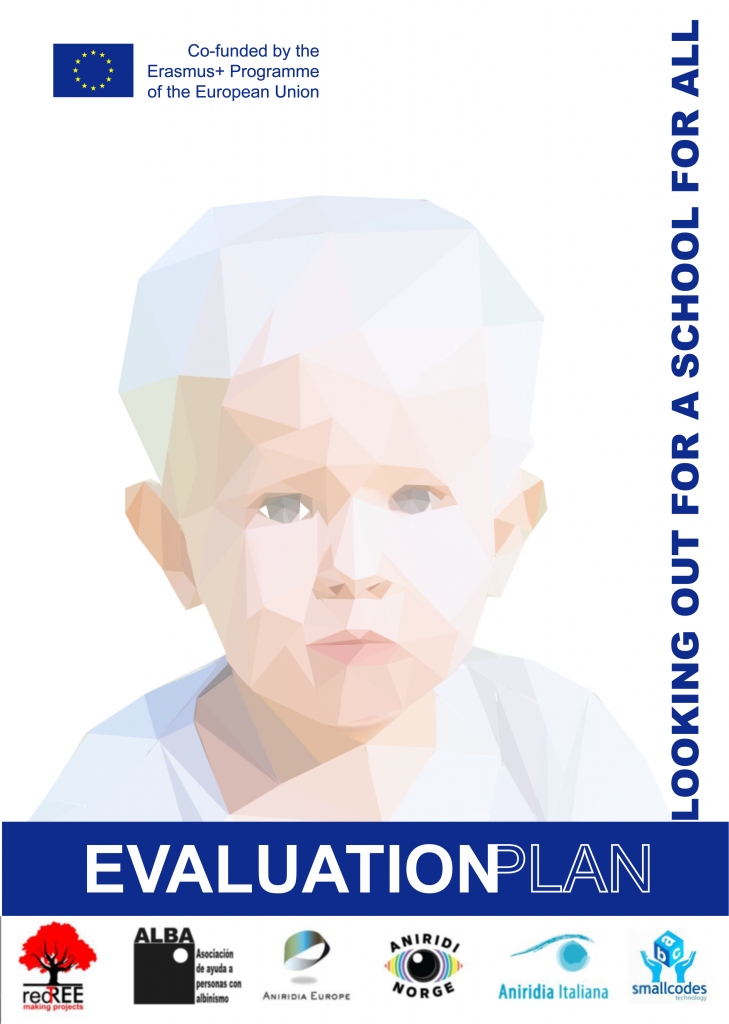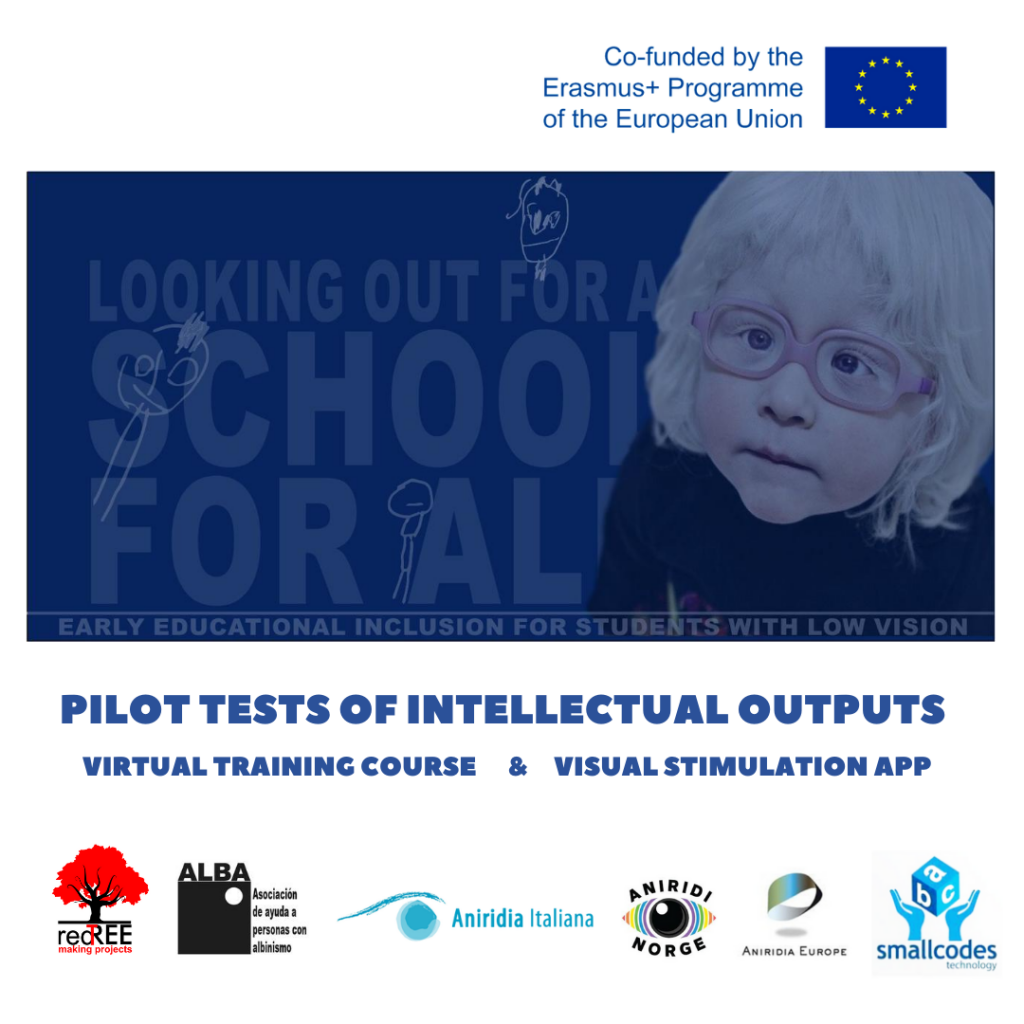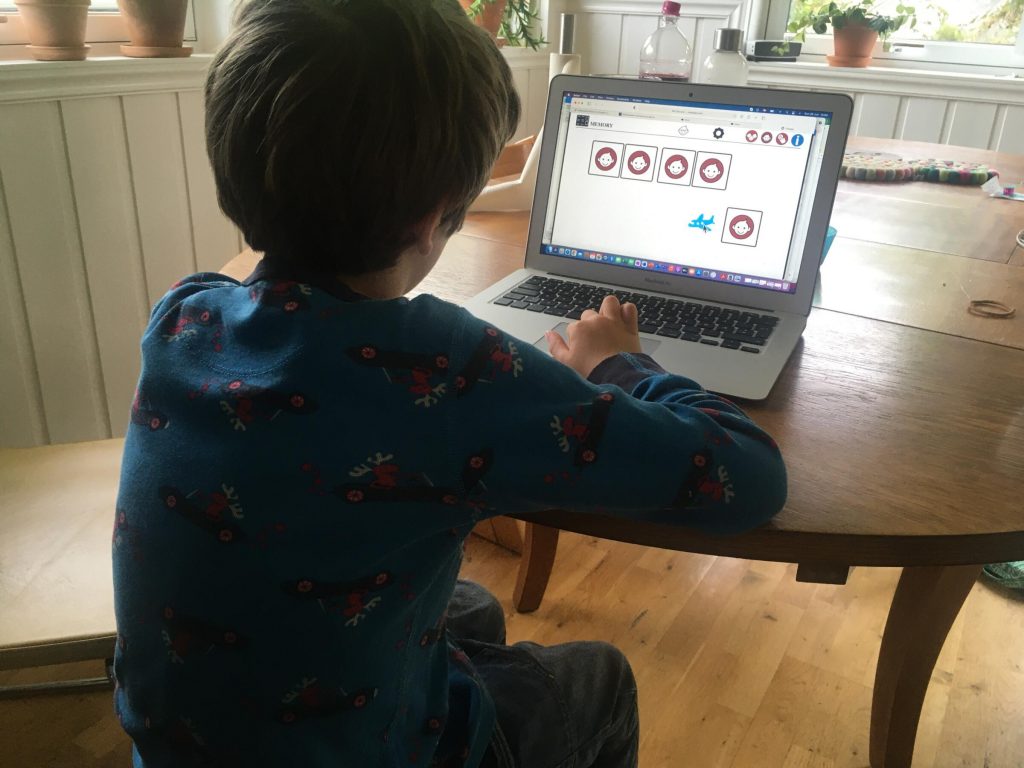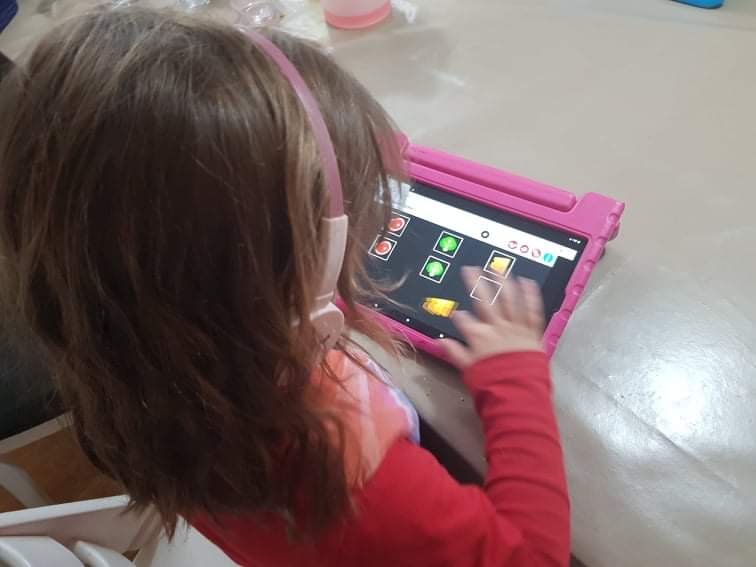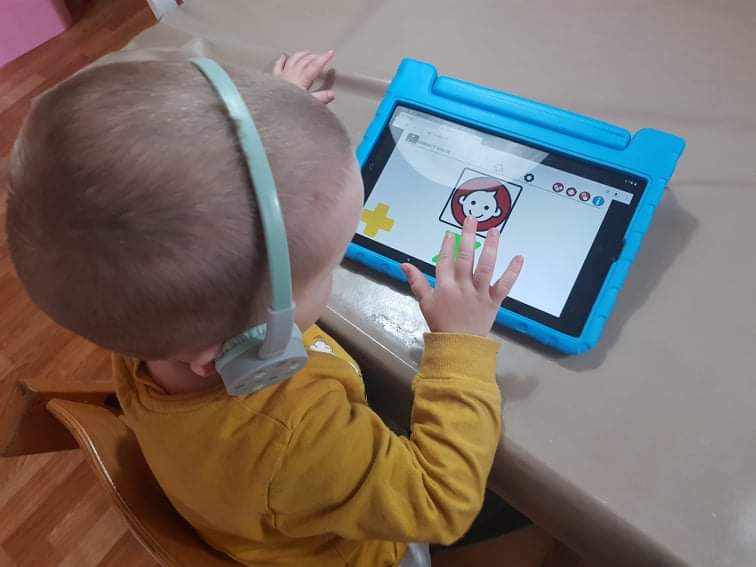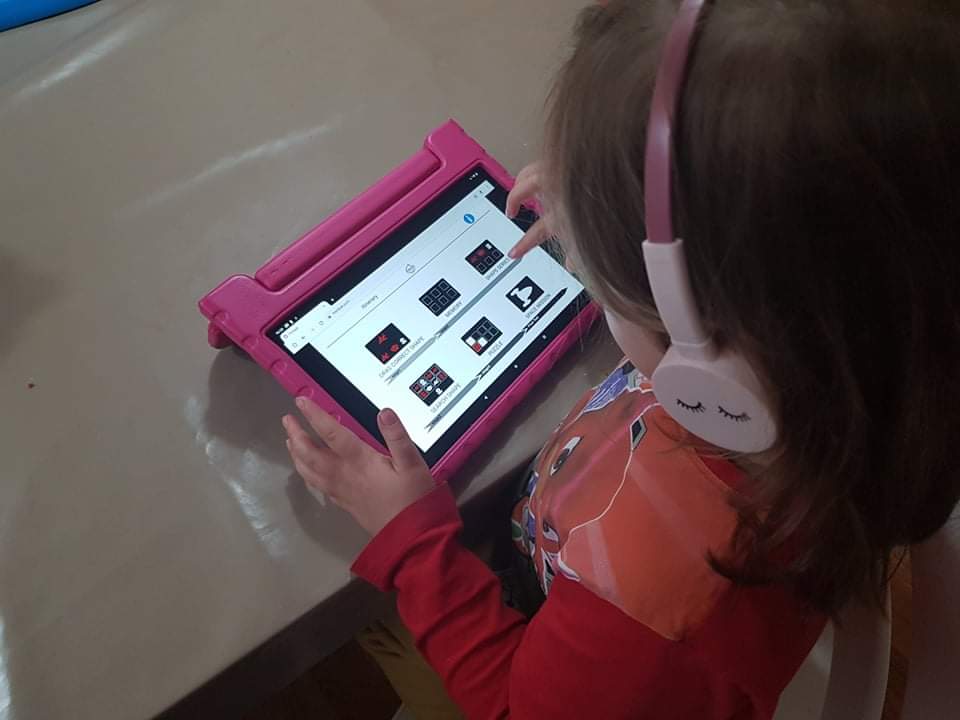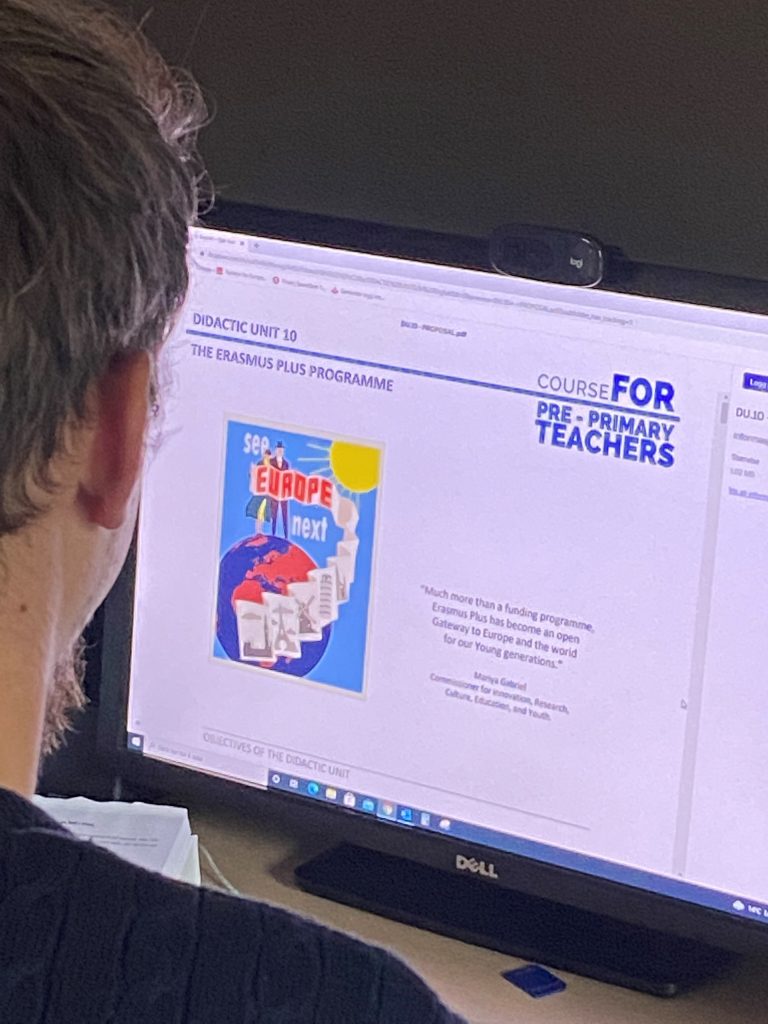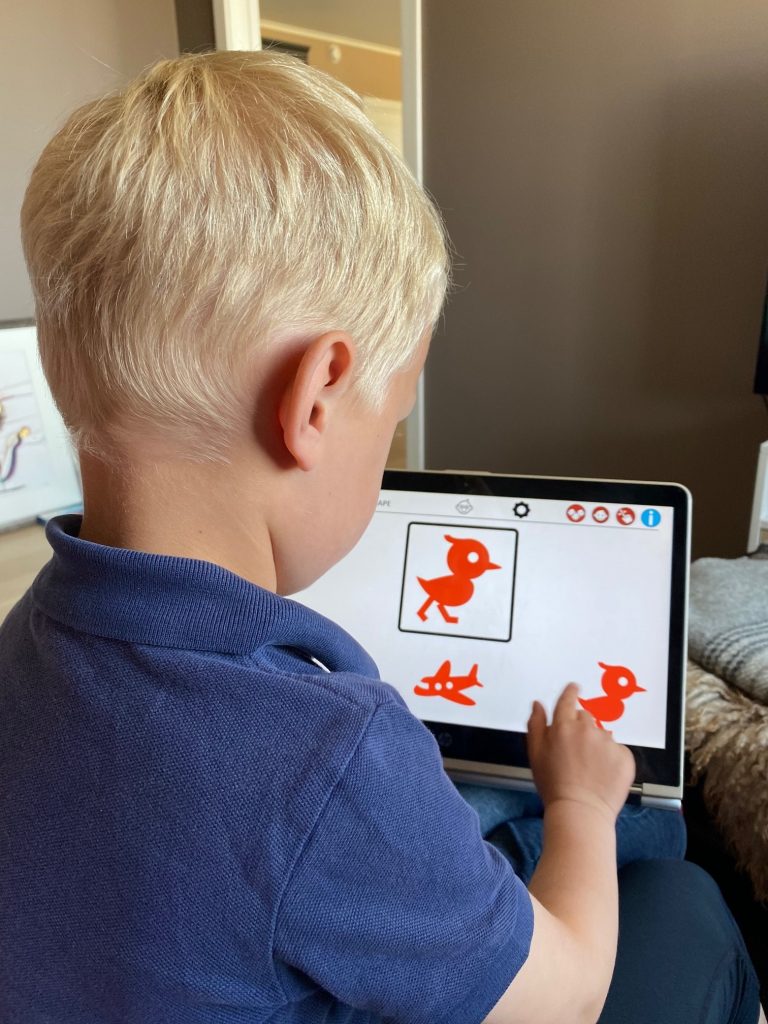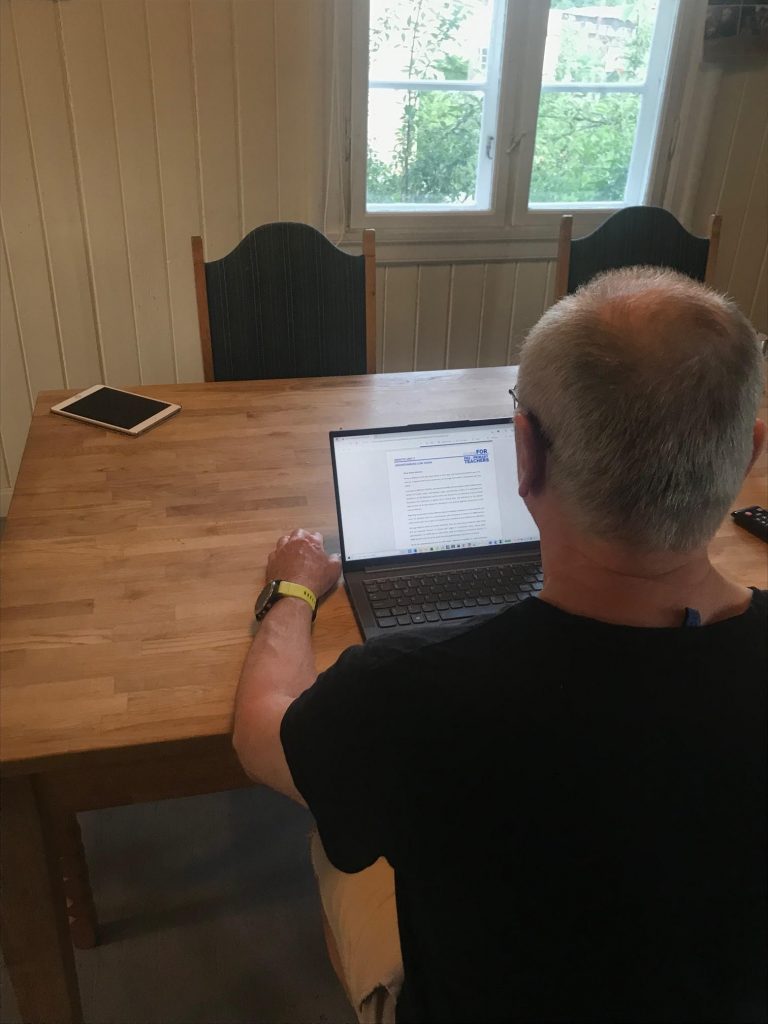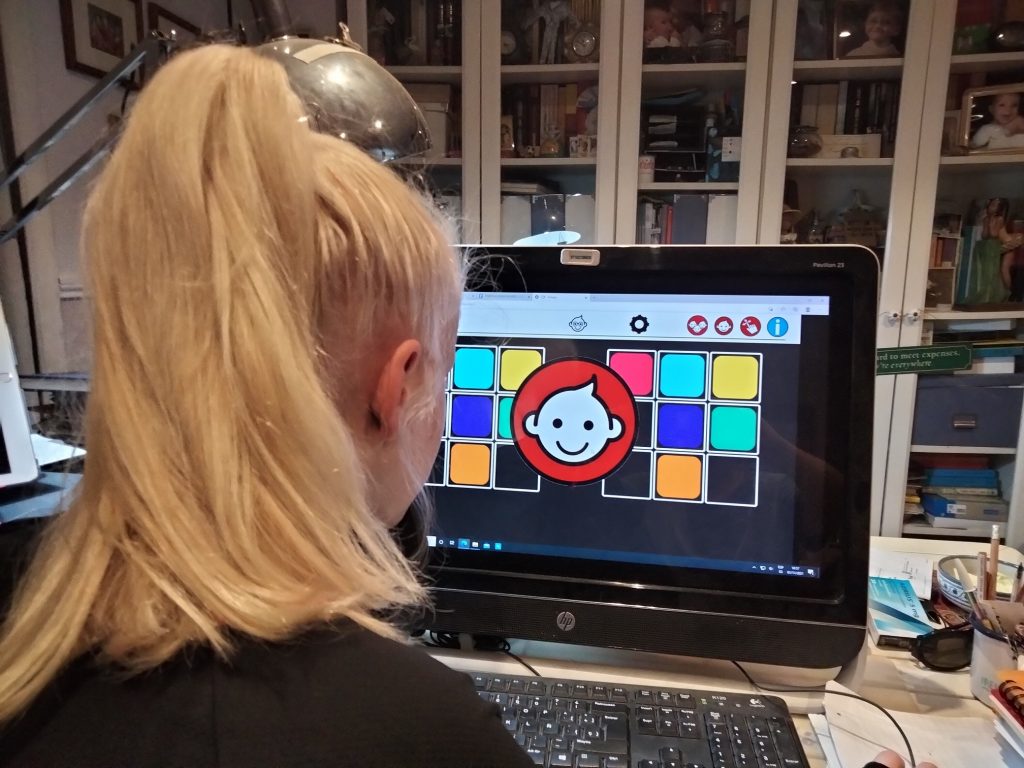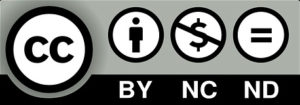ACTIVITIES IN THE EVALUATION PHASE
In order to monitor and evaluate the quality of the project and its results, the Quality Control Committee created at the beginning of the project and comprised of an interdisciplinary team with experts in organization, management, and quality from each of the partner entities, designed and developed the Evaluation Plan. In it, the measures, actions, and tools necessary to ensure the quality of all the tasks, activities, and results in the project were defined.
This has allowed us to implement the total quality system and carry out continuous improvement, and validate and certify the results in each stage. This follow-up served to avoid deviations in the budget and the schedule, something essential to achieve the project’s objectives and especially the quality of its results.
The evaluation system or method used in the project for each of the activities is based on the PDCA Cycle (or Deming circle), which is the most used system to implement a continuous improvement system with the main objective of self-evaluation, highlighting the strengths that must be maintained and the areas for improvement in which actions must be taken.
In each stage and activity subject to this planning-execution-evaluation cycle, the level of compliance was analyzed through the indicators, and according to any need, corrective measures were implemented with the sufficient flexibility and adaptability necessary to face the difficulties generated by COVID-19.
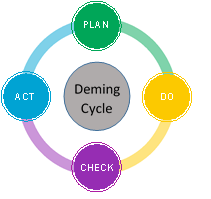
WHAT DO THE EXPERTS SAY?

IRENE LACRUZ PEREZ
PI Invest Formacio Atraccio Talent – Departament: Didàctica i Organització Escolar, Universistat de València
“This project seems to me completely appropriate to the model of inclusive school that has been defended for years in the international, national, and regional educational legislative framework: it raises awareness among future teachers on the needs of low vision students (with its presentation in the classrooms of Teaching degree), and offers them resources to work with these students (VISApp) and training opportunities (the virtual training course). These three aspects of the project are the key pillars for achieving a truly inclusive education”.

PILAR SANZ CERVERA
PDI Ajudant Doctor/A – Departament: Didàctica i Organització Escolar, Universitat de València
“The project ‘Looking out for a school for all: Early educational inclusion for students with low vision’ is an innovative proposal that facilitates the inclusion of early childhood education students within mainstream centers. Both its training program aimed at teachers and the App developed to work directly with students with low vision have excellent quality. We hope that these results can also be expanded to work with primary school students.”

RAUL TARRAGA MINGUEZ
PDI Titular d’Universitat de València- Departament: Didàctica i Organització Escolar
“The fact that low vision and education experts participated in the project has had an impact not only on the quality of the results but also on the participants of the activities themselves. On the one hand, this aspect contributed to increasing knowledge about albinism and aniridia and about the digital tools developed, and on the other hand it also had a significant impact during the event on the attitudinal and even emotional scope of the participants, who were able to know first-hand a reality that is difficult to approach from a merely theoretical perspective.”

DIANA MARIN SUELVES
PDI Contractat/Da Doctor/A – Departament: Didàctica i Organització Escolar, Coordinadora de la asignatura de Necesidades Educativas Especiales, Universitat de València
“The general assessment of the participating students in the Multiplier Event sessions is very positive. They addressed both the contents and the skills of those in charge of the session, and the possibilities for their professional future stand out. Starting from real classrooms, the use of videos as a tool and being able to test the results has been a key element for their assessment, and 98,6% would recommend attending this activity in the next courses to complement the initial training of future teachers.”
PILOT TESTS
Pilot tests are a key resource to guarantee the success of the project. We created three stages with test activities to test the 2 Intellectual Outputs of the project in its different stages of development; these did not only serve to detect mistakes and improve their quality, but also allowed us to learn new digital skills in the creation of our own evaluations and the possibility of including aspects that until now had not been considered.
It is worth mentioning that, prior to the pilot tests, dogfooding tests were carried out: these were tests in which ALBA, as the entity in charge of coordinating and programming the APP with the collaboration of Smallcodes, tested the software that they themselves were designing and programming. This simple way of testing the APP allowed us to detect technical and conceptual errors before showing the beta version, by having an almost perfect knowledge about them, while also reinforcing the confidence in the work carried out and the capability to create a truly useful Intellectual Output in the developers themselves.
- PT1. – The first stage of the pilot tests was carried out during the months of April and May 2020. Once the beta version of the App was presented at the 3rd Transnational Meeting in Florence, the pilot tests with participants began with a group of 12 persons, all of them linked to the project’s partner entities and who had been represented in different activities.
- PT2. – The second stage of the pilot tests was carried out between the months of October and January 2021. Once the problems detected in the first stage were corrected, the group was extended not only to the participants but also to the users and main beneficiaries (children with Albinism, Aniridia, and other visual impairments). The main objective of this stage was to check if the users found the APP easy to use and if it fulfilled its original purpose. Thanks to the involvement of beneficiary entities and contact networks at the local, national, and European level, we got satisfactory feedback that allowed us to correct and improve usability aspects.
- PT3. – The third stage of the pilot tests was carried out between March and June 2021. Once the code had been programmed to incorporate all the evaluations received in the previous two stages, we began the last series of pilot tests, this time fully including stakeholder participation, not selecting the participants. Thanks to the willingness and interest of many expert teachers and professionals in the field of education and inclusion of persons with SEN, especially in pre-primary and primary education, political and educational institutions, organizations of persons with visual disabilities, social leaders in this field, students, future teachers of the pre-primary and primary Teaching Degree, and family members of children with visual impairments, the APP was tested in a more realistic environment, in conditions of use closer to the ones for the which the APP was designed. This allowed us to implement changes that will generate a greater impact on the result and on the project: complementary information for the programming of visual stimulation sessions, game files, usage guides, etc.
EVALUATION RESULTS
We present the results of the evaluation of the Intellectual Outputs developed in the project, in which more than 30 participants have collaborated. Among the participants, children from 1 to 6 years old with low vision stand out, whose parents have been in charge of filling in the evaluation surveys.
As can be seen, very significant results were achieved in the main areas of evaluation of the Intellectual Outputs.
